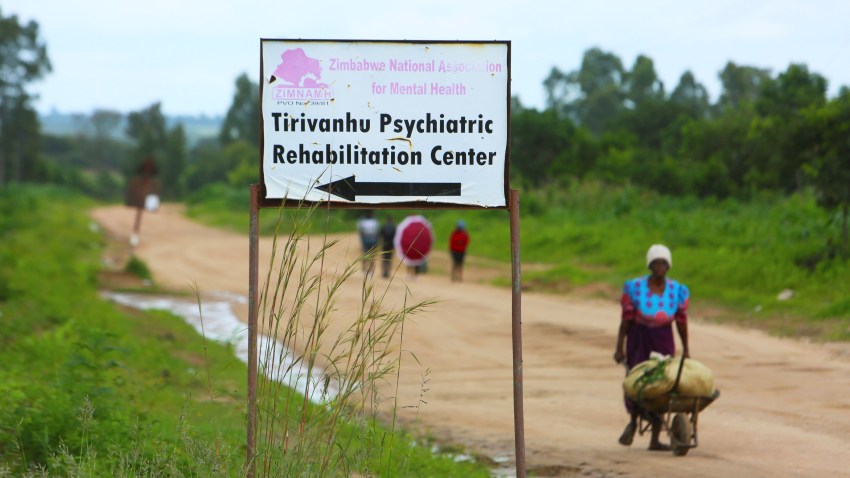Though it’s still too early to know the true magnitude of its impact, the COVID-19 pandemic has contributed to a significant increase in mental health problems. In 2021, the Lancet reported a global rise of 27.6 percent in cases of depression and 25.6 percent in cases of anxiety, with women and younger people disproportionately affected.
Increases were associated with limited mobility due to lockdowns and the fears generated by COVID-19 infection rates, with South Africa, Mexico and Chile experiencing some of the greatest upswings. Self-reported experiences of suicidal thoughts climbed due to loneliness, COVID-19 diagnoses and—in the case of health care workers—exhaustion. Meanwhile, people with already diagnosed mental health conditions faced disruption in terms of access to support. For some, e-health filled a gap, though a lack of internet access and technological proficiency hindered lower income, rural and elderly clients from using such services.
Mental health issues were already a growing concern, however, long before the pandemic. The World Health Organization, or WHO, reports that in 2019, one out of every eight people globally was living with a mental health condition, with 80 percent of them living in low- and middle-income countries, or LMICs. The prevalence of these conditions varies depending on sex and age, with anxiety and depression being the most common. Mental health and addictive disorders are the leading cause of disability globally, contributing to between 6 percent and 13 percent of all disability adjusted life years—a measure of the years lost due to disability and sickness compared to life expectancy with full health. Suicide is a major cause of death for youth, and people with severe mental health conditions such as schizophrenia die on average 20 years earlier than the general population due to a lack of access to medical care.

